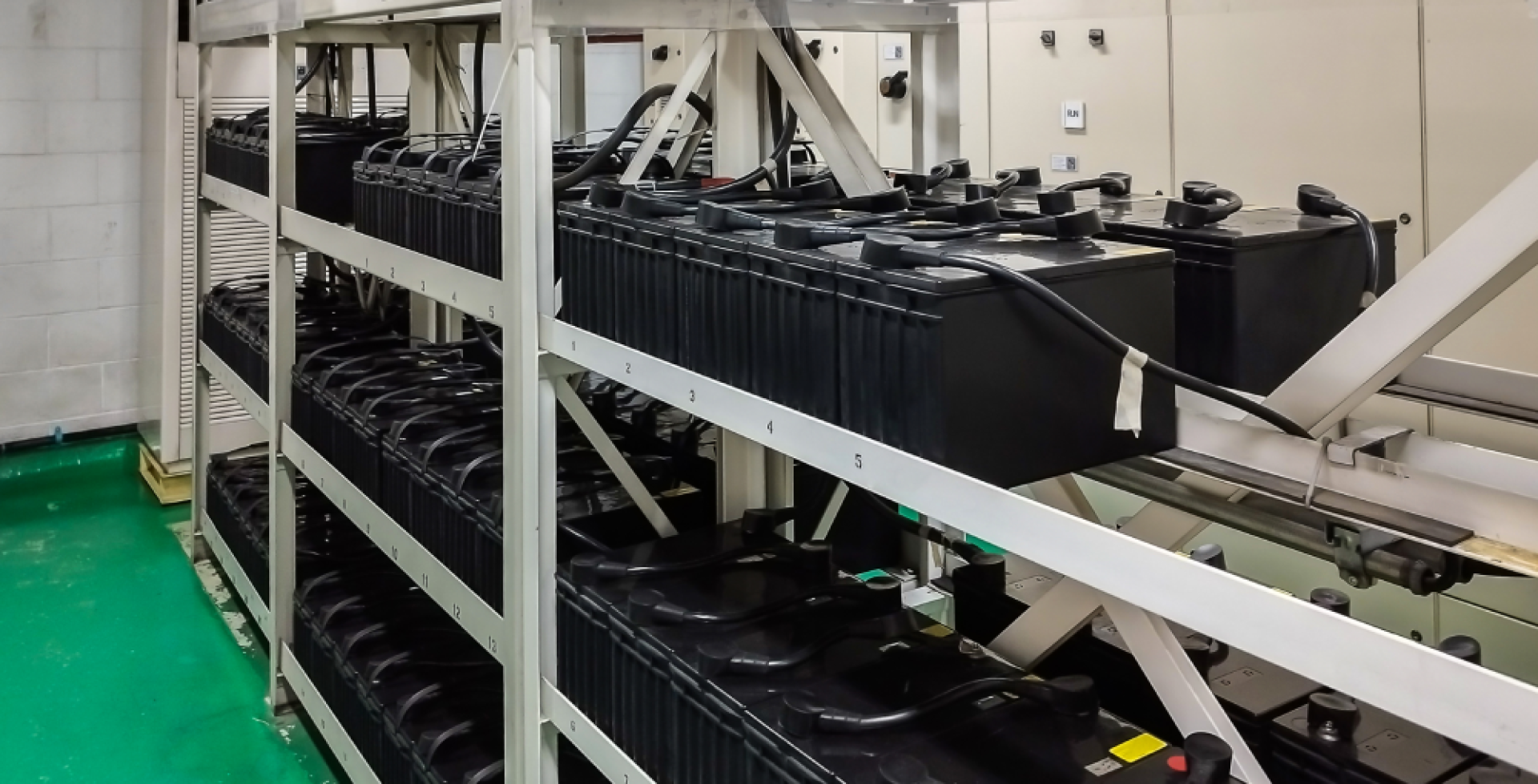Common UPS Battery Issues
Last updated: 5 Jun 2025
1131 Views

Common UPS Battery Issues
1. Grid Corrosion
- Occurs in batteries that have exceeded their designed service life
- Caused by natural chemical reactions that gradually corrode the internal grid
- Lead material flakes off from the battery plates over time
- The corrosion process can be slowed but not stopped
- In compact battery designs, this can lead to internal short circuits
2. Sulphation
- Common in UPS systems with frequent charge/discharge cycles
- Happens when batteries are not fully recharged
- Lead sulphate crystals build up on the plates and in the electrolyte
- Leads to higher internal resistance and slower charging
- Light sulphation may be reversed with a 12-hour high-current charge
- Severe sulphation usually requires battery replacement
3. Short Circuits
- Caused by porous positive plate material separating from the grid
- During discharge, shed material may create unintended contact
- Can result in internal cell short circuits and failure
4. Dry Out (Water Loss)
- Typically caused by overcharging
- Overcharging increases acid concentration in the electrolyte
- Leads to water evaporation and reduced capacity
- Results in separator failure and faster self-discharge
- Accelerates sulphation and overall battery degradation
5. Thermal Runaway
- Triggered by a continuous increase in internal battery temperature
- Generates excess heat, which further increases temperature
- Poor heat dissipation causes external and internal heat buildup
- Can result in battery casing deformation or melting
6. Top Mossing
- Caused by poor alignment of plates or separators during manufacturing
- Reduces contact area between plates and electrolyte
- Leads to crystalline moss formation inside the battery
- May cause self-discharge and soft short circuit failures
Let us help ensure your power system runs smoothly and reliably—contact us today for trusted, high-quality support!
Related Content
Difference Between Line Interactive UPS and Online UPS
16 Jan 2025
BT Connect offers high-quality Battery Monitoring Systems suitable for all industrial applications.
We deliver advanced solutions that empower you to manage battery health effectively. Our experienced team provides consultation and full support across Thailand and Southeast Asia.
16 Jan 2025


